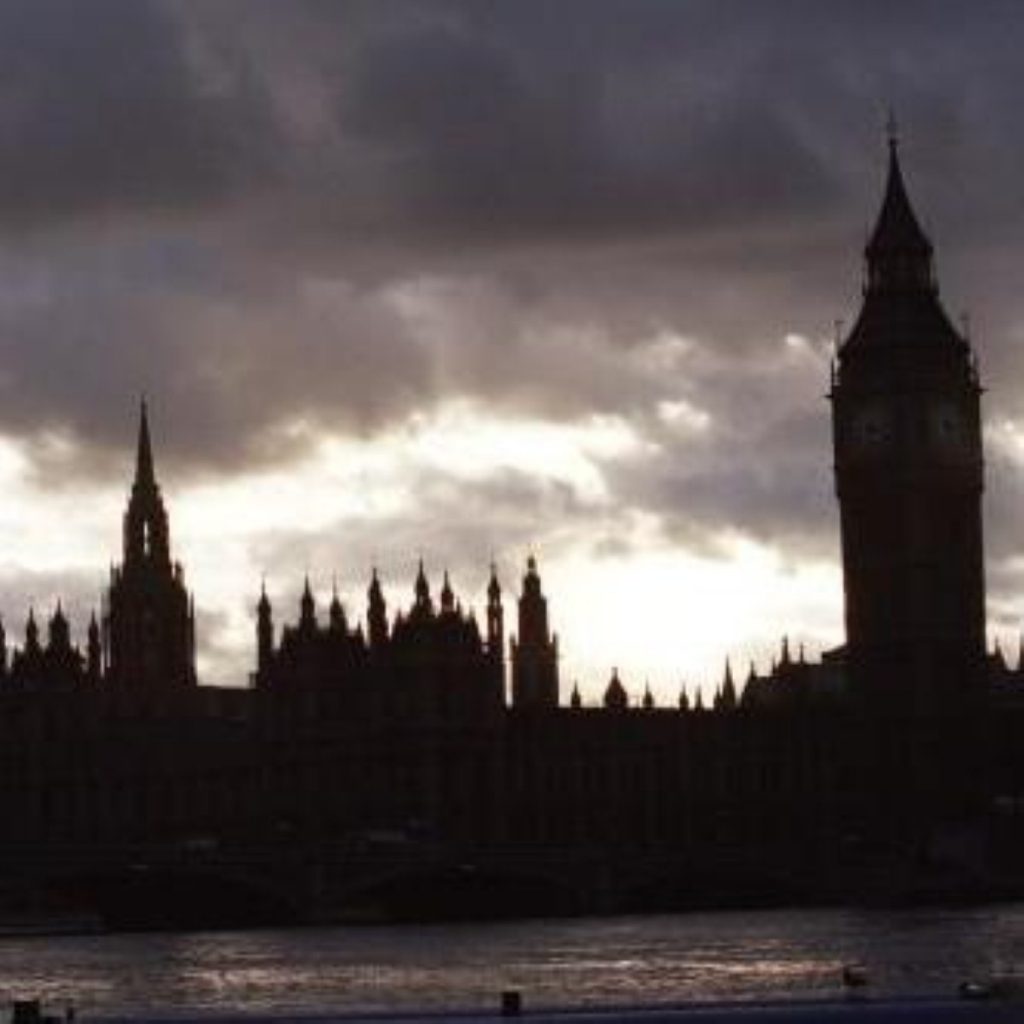Falconer promises to press ahead with Lords reform
The Secretary of State for Constitutional Affairs, Charlie Falconer, has told the Labour Party conference that the Government will continue to press ahead with reform of the House of Lords.
Labour’s attempts to reform the Lords began not long after their election in 1997. In 1999 they succeeded in removing all but 92 of the hereditary peers, but since then there has been little movement with the House of Commons split on what exactly a replacement would be – appointed, elected or a combination.
Now it looks as though the Government is ready to take on the issue again.
Lord Falconer told delegates this morning that “reforming the House of Lords is unfinished business.”


He admitted that the reform is “some way from the top” of many priority lists, but said: “We know we have not done all we need to. We know we must reform and improve the way Parliament makes laws. But because only then can our institutions deliver.”
“We need to reform the procedures of the Lords. Not to curb their powers. But to make them work fairly, and to make them work efficiently.”
Lord Falconer stressed that under the Warwick agreement they decided to look at Lords reform “strategically” so that the second chamber’s powers and composition are looked at together.
He argued that whilst the second chamber should have the power to delay and amend laws, it should not have the power to “frustrate the programme of a legitimately-elected government.
“That’s not the Lords’ job. And under our reforms, it won’t be.”
Lord Falconer also promised to act to remove all the remaining hereditary peers from the Lords and reform the house to enable “the whole of our nation to be heard. Not just Lords from London and the south east, as it very heavily is now.”
Noting that “we have argued about all this for far too long”, Lord Falconer said that between now and the writing of the next general election manifesto the Party will identify a solution to create a “representative” chamber, and then include this in the next manifesto.
The comments were welcomed by the Elect the Lords Campaign. Its spokesman, Peter Facey, said: “We are delighted that the Labour Party has committed itself to a representative second chamber and will introduce legislation at an early stage in the next parliament if re-elected. Only by giving the voters a real say can we ensure not only that the second chamber is representative but also that it has legitimacy.”

